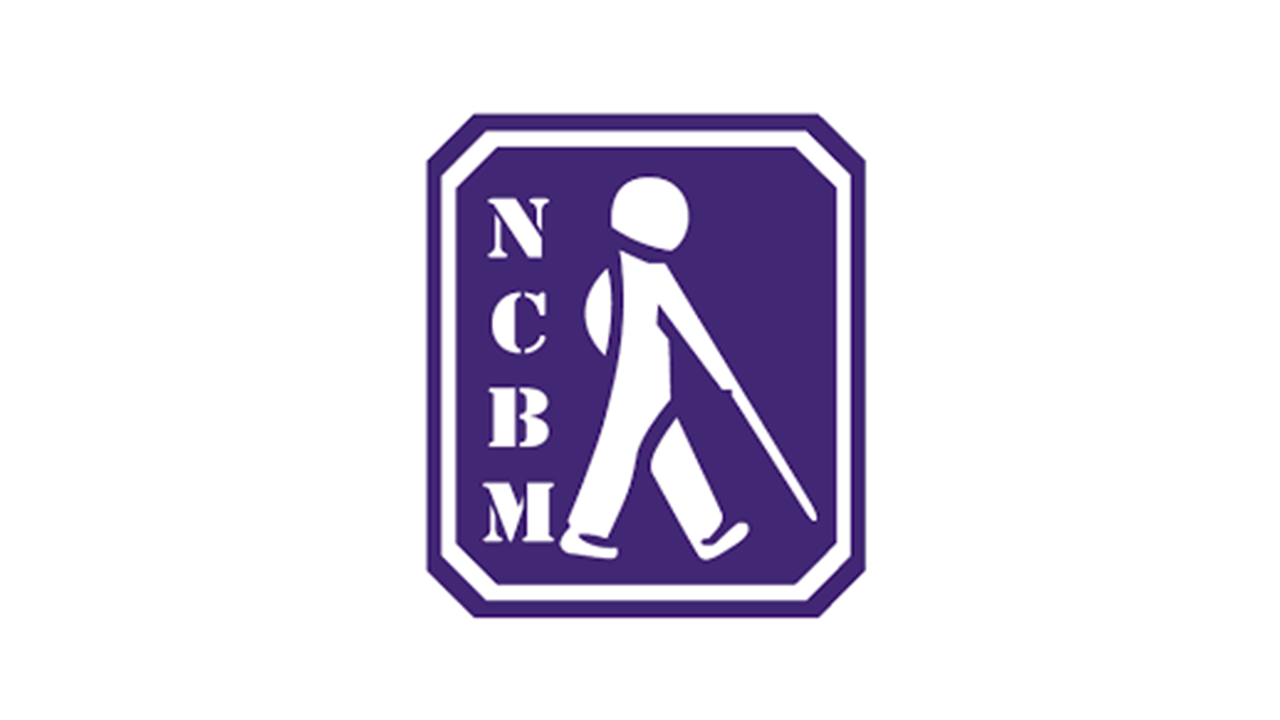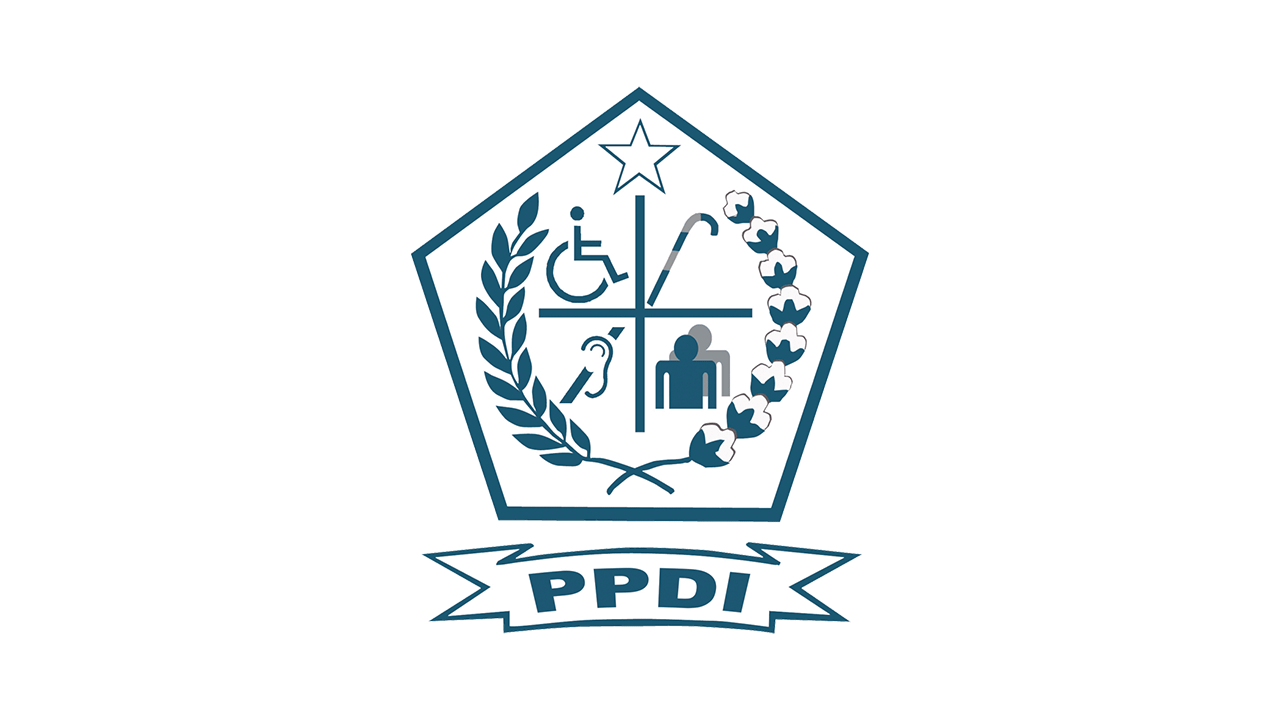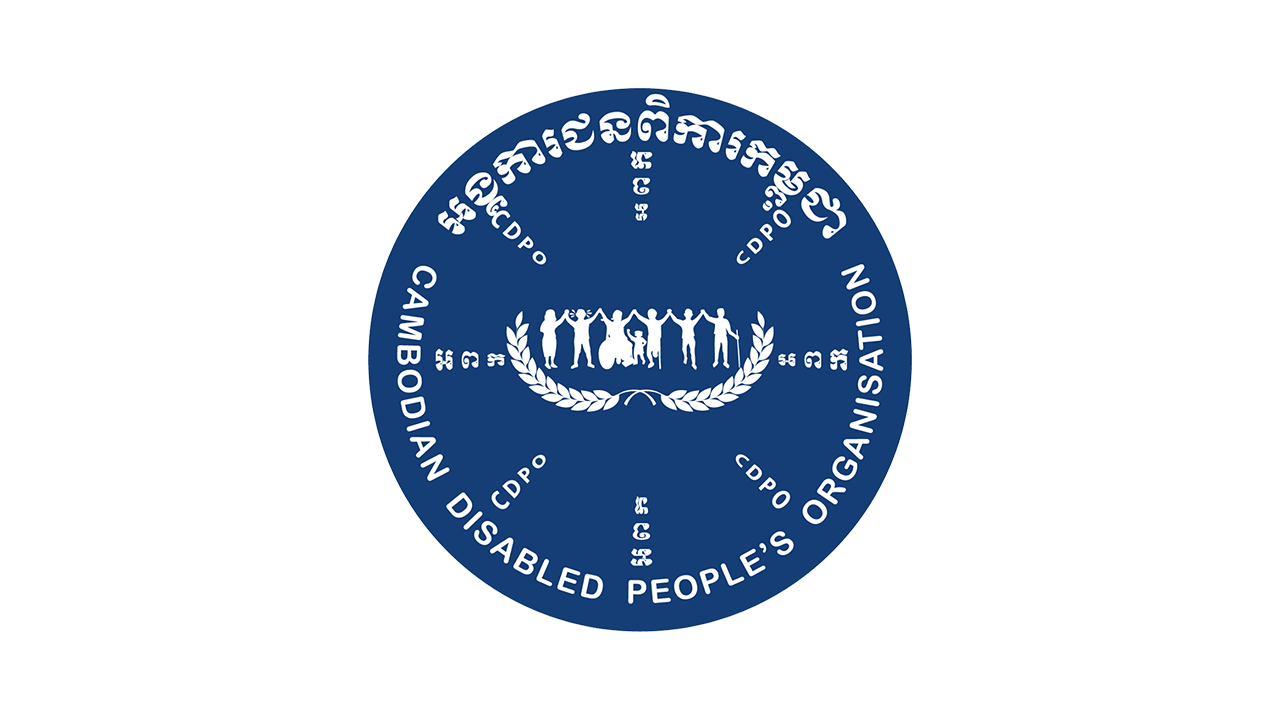AGENDA, in cooperation with the Cambodian Disabled People’s Organization (CDPO), organized a two-day training on the rights of persons with disabilities in elections for Cambodia’s National Election Committee (NEC). Senior staff members from the NEC representing 14 provinces and two representing Phnom Penh were present. Also attending the training was Sokolac Tipor, the Deputy Secretary General of NEC who officially opened the session.
The training modules were also used for previous trainings for members of the Indonesian General Election Commission (Komisi Pemilihan Umum or the KPU), with some adjustments made for Cambodia’s context. The module was produced by drawing on experiences and best practice examples from countries across the region.
The CDPO was assisted by the Neutral and Impartial Committee For Free and Fair Elections in Cambodia (NICFEC) in organizing the training. Senior staff members from the Center for Election Access for Citizens with Disabilities (PPUA Penca) and the Indonesian Disabled People Association (PPDI) – part of the AGENDA Indonesia Secretariat – attended the training.
In his opening remarks, Tipor pledged support to persons with disabilities so they can better participate in elections. One form of support is to make sure persons with disabilities are able to register as voters. “Political rights of persons with disabilities is, first of all, the right of vote. In order to vote, they need to register,” he said. “If they cannot travel to the registration office, they need support from the local authorities, the village system or civil society organization in the area. We, in cooperation with the Ministry of Interior, have to identify [those who do not have identity cards], in order to assist them.”

Modules were delivered using an active participation method combined with classroom-style lectures. Participants were expected to discuss issues related to disability rights, but also listen to lectures delivered by facilitators from the CDPO and NICFEC, as well as the AGENDA Indonesia Secretariat. Among issues discussed were human rights principles and how they apply to persons with disabilities; the concept of disability; principles of an accessible election; and others.
One of the activities that interested participants the most was the simulation. In this module, participants were asked to role-play as persons who are blind or use wheelchairs. The purpose of this simulation is for participants to understand the meaning of disability by experiencing it. Ngin Saorath, Executive Director of the CDPO, said, “Disability does not only refer to physical condition, but also to the challenges and barriers that people face in carrying out their daily activities.”
The last module featured testimonies from two persons who have experienced participating in elections with disabilities. This included Boun Mao, Executive Director of the Association of the Blind in Cambodia. “I vote every time, and basically I was given priority to vote first,” he said. “But the problem is that when I ask my brother or cousin to vote for me, I don’t really know if they pick up or check the political party I [want to] vote or not, because I just tell them which one I like.” According to Mao, if there is an assistive device on Election Day, he does not need the help of family members.
Participants realized there are many challenges to overcome before elections are truly accessible to all. One of the first things participants believe is needed is the provision of assistive devices that can help voters with disabilities in polling stations. They also noted the importance of having accurate data on the number of persons with disabilities so polling places are better prepared for them.
AGENDA is planning to hold similar training in the Philippines in cooperation with a local partner.










